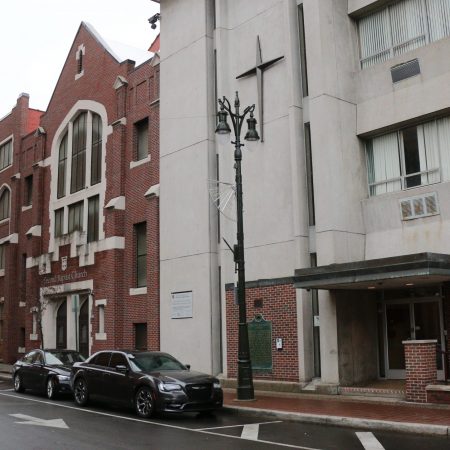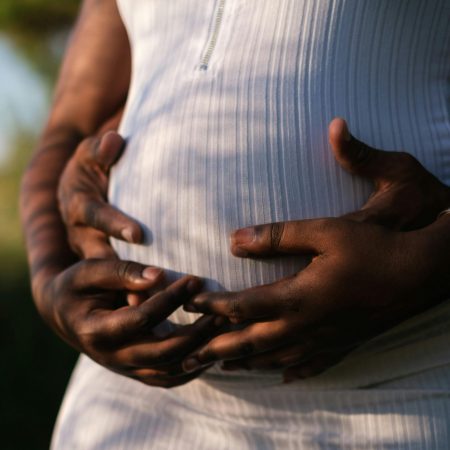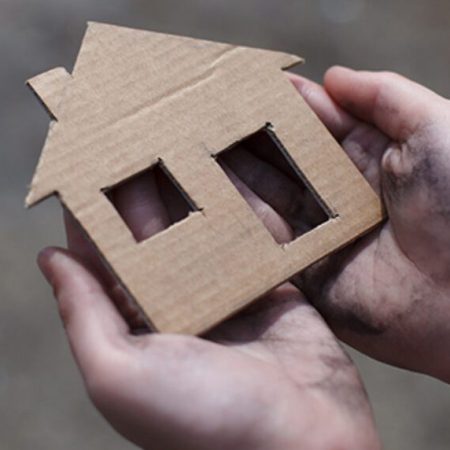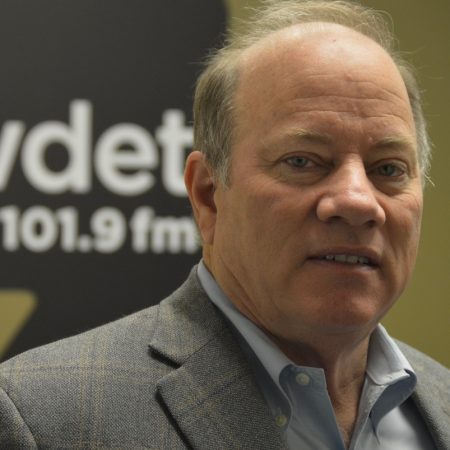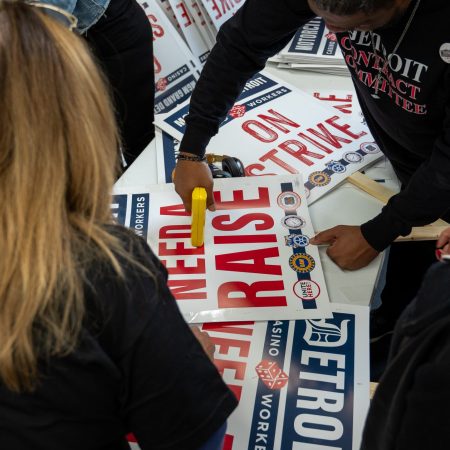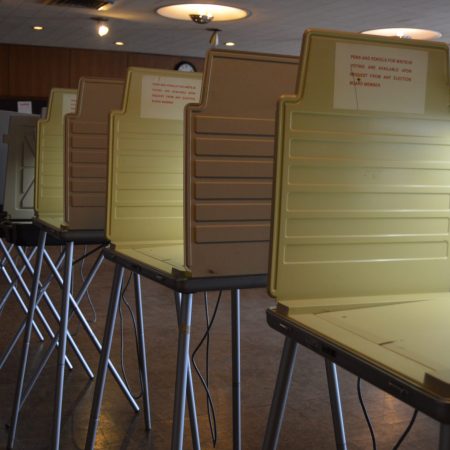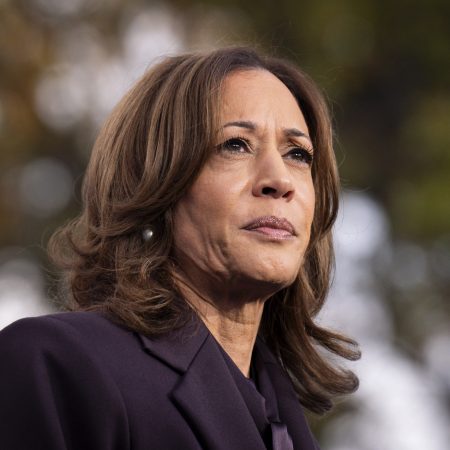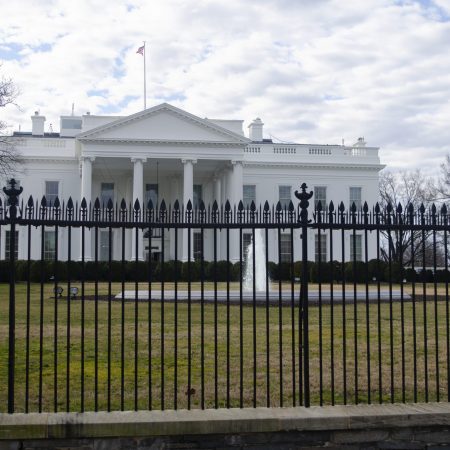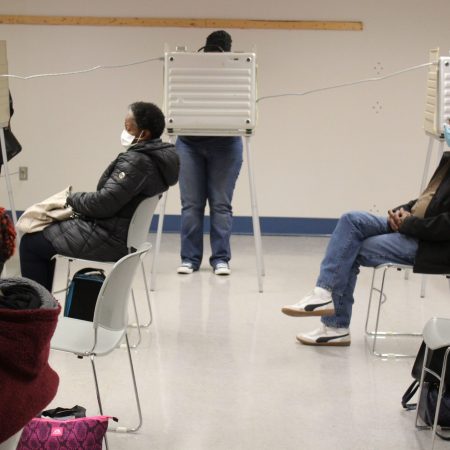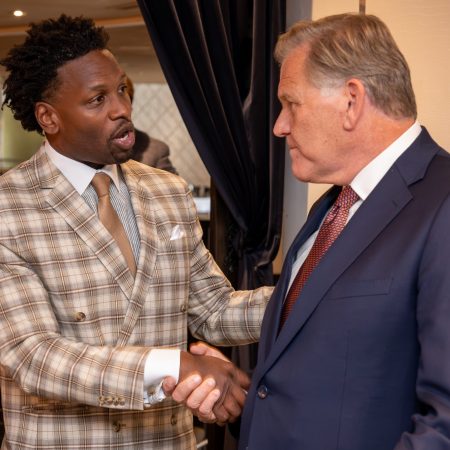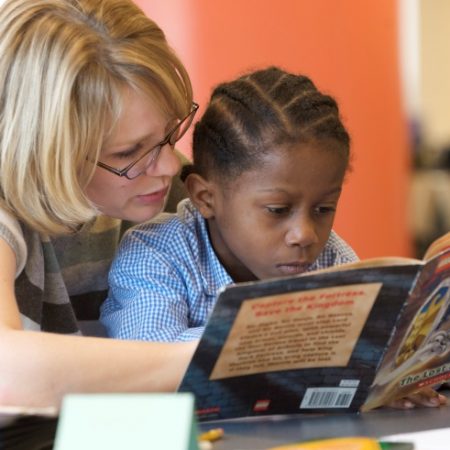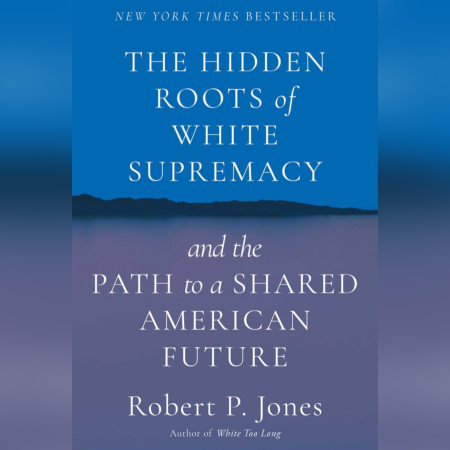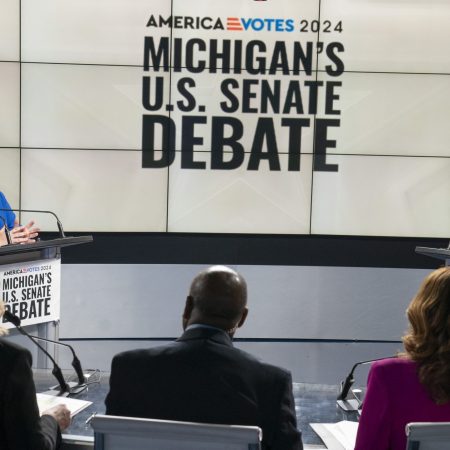The Metro: The impact of Black churches in Detroit and beyond
Churches are so prevalent in the Motor City because they were an essential part of Detroit’s growth.
They have served as resource hubs in communities like Detroit for a long time. Black churches are places where Black residents gather for religious, social, and political reasons and their leaders are at times seen as the leaders in the community. But there’s growing research that suggests church is not as essential as it once was and that younger generations aren’t attending services like they once did.
Three experts on the subject joined The Metro on Monday to discuss the history of Black churches in communities like Detroit, their impact on Black communities, and the reasons younger generations are moving away.
Subscribe to The Metro on Apple Podcasts, Spotify, NPR.org or wherever you get your podcasts.
Dr. Jason Shelton, professor of Sociology and director of the Center for African American Studies at the University of Texas at Arlington, spoke about the diversity of traditions within African American protestantism and the tendency for white academic institutions to flatten this diversity.
“I knew as a kid from California that when I went to Church of God in Christ worship services, or if I went to an AME Church, or if I went to a Baptist church as a kid, I could sit in those churches, and I knew that they were very different,” Shelton said. “But as I got older and I became a professor, you realize, wait a minute, they lump us all together in one tradition.”
Rev. Lawrence W. Rodgers, senior pastor at Second Baptist Church of Detroit, spoke about Second Baptist’s history as a stop on the Underground Railroad and place of housing for Black migrant workers. He also connected the decline in church attendance to a decline in collectivist thinking.
“When there is a wedding, people will show up. When there’s a crisis, folks will show up,” Rodgers said. “In the individualistic culture, that makes sense. It’s not about me being there for we. It’s about you being there for me.”
Dr. Deborah Smith Pollard, host of “Sunday Morning Inspiration” on Mix 92.3 and professor emeritus of English Literature at the University of Michigan-Dearborn, discussed the importance of gospel music and Detroit’s impact on the genre through artists like The Clark Sisters, Aretha Franklin, and Commissioned.
“When you see a book about contemporary gospel music, 90% of it is about Detroit gospel,” Pollard said.
In the second hour of The Metro, we asked listeners:
“What role does church or religion play in your life? Why did you join? What was the reason?”
Caller Billy from Lathrup Village discussed the impact of the end of the Civil Rights movement on church attendance among young people.
“What I saw right at the end of the Civil Rights Movement, even though it didn’t really end, was we saw a lot of Black churches opting out of civil rights marches forming and collecting a check from the federal government where they could not participate in any civil rights or any movements,” Billy said. “And you can almost draw a direct line to young people being disinterested in the church because they felt that.”
Use the media player above to hear the full conversation.
More headlines from The Metro on Dec. 9, 2024:
- Dr. Maulana Karenga created Kwanzaa in 1966 as a way to unite the Black community following the Watts Rebellion. Yolanda Jack, manager of community engagement for The Charles H. Wright Museum, joined the show to talk about the holiday and the museum’s upcoming week-long celebration.
- Throughout Israel’s military campaign in Gaza this past year, much of the region’s vital infrastructure has been destroyed — with more than half of Gaza’s hospitals completely out of service due to Israeli bombardments. Dr. Adam Fahs, member of the local group Doctors Against Genocide, joined the show to discuss his time in Gaza as a doctor and the ongoing humanitarian crisis in Gaza.
- The nonprofit COTS Detroit is gearing up for its annual “Santa Shop” toy drive for families experiencing homelessness during the holidays. COTS Chief Development Officer Aisha Morrell Ferguson joined The Metro to talk about the upcoming event.
Listen to The Metro weekdays from 10 a.m. to noon ET on 101.9 FM and streaming on-demand.
Trusted, accurate, up-to-date.
WDET strives to make our journalism accessible to everyone. As a public media institution, we maintain our journalistic integrity through independent support from readers like you. If you value WDET as your source of news, music and conversation, please make a gift today. Donate today »The post The Metro: The impact of Black churches in Detroit and beyond appeared first on WDET 101.9 FM.
